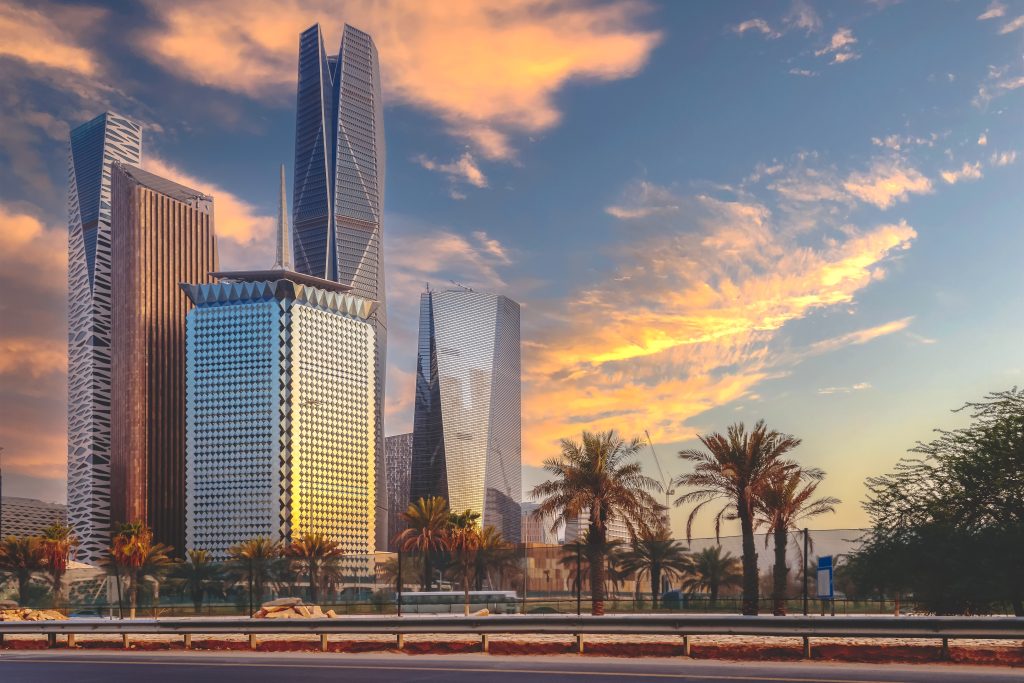The Kingdom of Saudi Arabia has been intentionally operating with a budget deficit as a strategic step to reach its developmental aspirations. The Saudi Finance Minister Mohammed Al-Jadaan highlighted this approach in a recent discussion, noting that the country’s choice to run a deficit is a deliberate policy to stimulate economic progress, as opposed to compulsory borrowing for immediate, yet non-generative expenses experienced by some nations.
Recent financial disclosures revealed the Kingdom’s deficit of SR12.4 billion ($3.3 billion) for the first quarter, continuing a trend of six consecutive quarterly deficits. Despite this, revenues have surged to SR293.4 billion, with expenditures reaching an all-time high of SR305.8 billion.
Al-Jadaan emphasized that the deficit is not an unintentional outcome but a tactic to expedite the Kingdom’s development plan. He reassured that managing the deficit is a high priority, and as long as it is channeled towards productive investments, it is viewed as beneficial for the economy, yielding returns that surpass the costs associated with debt.
He also pointed out that the Kingdom’s fiscal prudence has not only supported growth but also fortified its capacity to handle economic fluctuations. This resilience is in part due to the successful diversification of income sources, a key aspect of Saudi Arabia’s robust financial policies.
Efforts to attract domestic and foreign investments are in full swing, aiming to bolster economic growth and reduce the fiscal shortfall.
Strategic expenditure creates a ripple effect on the economy, such as job creation and trading enhancements through infrastructure investments.
The Kingdom is focused on optimizing government spending by aligning it with promising developmental strategies.
Al-Jadaan mentioned the significant increase in non-oil revenues, which rose from constituting 9 percent of total income in 2015 to 38 percent in 2023. This shift is indicative of the Kingdom’s efforts to reduce its dependency on oil revenues and move towards a more diversified economic structure.
The government’s financial policies have been instrumental in fostering financial inclusion and funding access, crucial for nurturing entrepreneurship, small and medium-sized enterprises, and innovation. These initiatives align with the ambitious Saudi Vision 2030, which has already resulted in remarkable achievements across a spectrum of sectors.
By the end of 2023, government spending is projected to reach approximately SR1.29 trillion, underscoring the Kingdom’s continued commitment to implementing initiatives and structural reforms. These include regional and sectoral strategies that support the structural transformation necessary for broad-based sectoral development and economic diversification.
Al-Jadaan also shed light on the profound international presence Saudi Arabia has cultivated over the past seven years. The Kingdom’s strategic investments in infrastructure have not only expanded the industrial and logistics sectors but have also significantly increased non-oil GDP and revenues, offsetting the additional debt costs.
On the international stage, Saudi Arabia’s leadership and initiatives during its G20 presidency in 2020 were pivotal in driving global consensus on managing the COVID-19 pandemic. The Kingdom’s successful bid to host the 2030 International Expo and the election of Saudi nominees to key positions in international organizations are testaments to its growing global influence.
Moreover, the International Monetary Fund (IMF) has recognized Saudi Arabia’s financial acumen by selecting the Kingdom to chair the International Monetary and Financial Committee. The opening of the IMF’s regional office in Riyadh further solidifies Saudi Arabia’s role in regional economic stability and international financial collaboration.
